Former VP Alleges Misconduct, Condemns Senate Leadership Amidst Rivers State Political Crisis
Nigeria’s political landscape is heating up as former Vice President Atiku Abubakar has leveled serious allegations against Senate President Godswill Akpabio, calling him corrupt and accusing him of abusing women.
Atiku’s accusations come in the wake of the National Assembly’s approval of President Bola Tinubu’s declaration of a state of emergency in Rivers State. He claims that the Senate leadership is corrupt and that Akpabio has been involved in questionable activities since his tenure as a state governor.
In an interview with Adesuwa Giwa-Osagie on Untold Stories, Atiku did not mince words when speaking about Akpabio and the leadership of the National Assembly.
“Not only is he corrupt, but he is also in the habit of abusing women. I was not surprised that the state of emergency passed in the National Assembly because I know that the leadership is corrupt, and I have no apologies for saying that. They could do anything. The Senate President has been known for such behavior even when he was a governor.”
These remarks have sparked a fresh wave of political controversy, with both supporters and critics weighing in on Atiku’s explosive claims.
Sexual Harassment Allegations Against Akpabio
Atiku’s comments follow recent allegations made by Senator Natasha Akpoti-Uduaghan, who accused Akpabio of sexual harassment and victimization.
The Kogi Central senator alleged that Akpabio used his position to suppress her in the Senate simply because she rejected his alleged sexual advances. According to Akpoti-Uduaghan, her refusal to yield to Akpabio’s demands led to denial of privileges and unfair treatment within the Senate.
Her allegations have ignited a debate about sexual misconduct in Nigerian politics, with many calling for an independent investigation.
However, Akpabio has denied the claims, insisting that they are politically motivated attempts to tarnish his reputation. Some of his allies argue that Senator Natasha Akpoti-Uduaghan is playing the victim card and trying to gain public sympathy.
Despite these denials, the allegations have led to widespread calls from civil society organizations and gender rights groups for the Nigerian Senate to take the matter seriously and ensure that justice prevails.
Rivers State Political Crisis: Tinubu Declares State of Emergency
Amidst the growing tension in the Senate, President Bola Tinubu declared a state of emergency in Rivers State, citing deepening political instability between Governor Sim Fubara and his predecessor, Nyesom Wike, who is now the Minister of the Federal Capital Territory (FCT).
What started as a power struggle between the two politicians quickly escalated into a full-blown political crisis, disrupting governance in the state. The tension soon spread to the Rivers State House of Assembly, where members loyal to both factions engaged in a bitter conflict.
Despite a Supreme Court ruling that attempted to restore order, the situation remained volatile. Matters reached a boiling point when Martins Amaewhule, a key Wike loyalist, blocked Governor Fubara from presenting the 2025 budget in the House of Assembly.
With political stability at risk, Tinubu took drastic action, leading to:
-
The suspension of Governor Fubara for six months
-
The declaration of a state of emergency in Rivers State
-
The appointment of a sole administrator to oversee the state’s affairs
This move by President Tinubu has divided public opinion. While some believe it was necessary to restore stability, others see it as an attack on democracy, arguing that the President should have allowed political resolutions instead of imposing military-like control over the state.
Political Fallout and Public Reactions
The fallout from Atiku’s allegations against Akpabio and the Rivers State crisis has triggered intense political reactions across Nigeria.
Supporters of Atiku see his comments as a courageous exposé on corruption in the Nigerian Senate. They argue that Akpabio’s leadership has been marred by scandals, and that his alleged past misdeeds as Akwa Ibom State governor should be revisited.
On the other hand, Akpabio’s allies insist that Atiku is merely playing politics, trying to discredit the ruling party ahead of the 2027 presidential elections.
Meanwhile, in Rivers State, Governor Fubara’s suspension and the imposition of a state of emergency have continued to spark protests, with many accusing President Tinubu of siding with Wike to undermine Fubara’s authority.
Political analysts have warned that these crises could further polarize Nigeria’s democracy, with possible implications for the country’s stability ahead of the next elections.
As events continue to unfold, many Nigerians are watching closely to see how the allegations against Akpabio, the recall of Senator Natasha Akpoti-Uduaghan, and the state of emergency in Rivers will shape the country’s political future.
Read also: Constituents Push Forward with Recall of Senator Natasha Akpoti-Uduaghan
One thing remains clear: Nigeria’s political climate is more charged than ever, and the coming months could see even bigger confrontations and shifts in power.






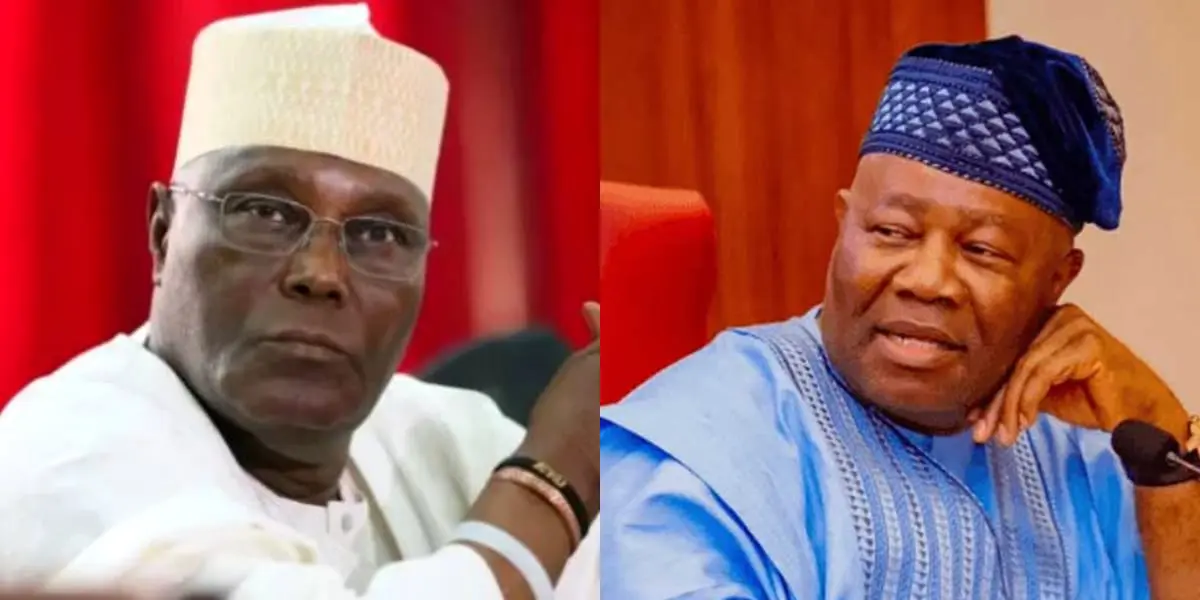
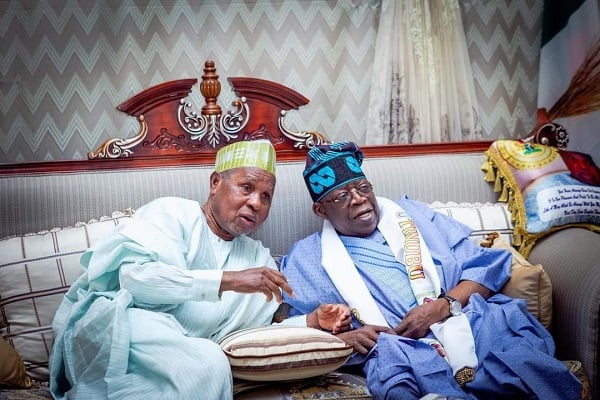




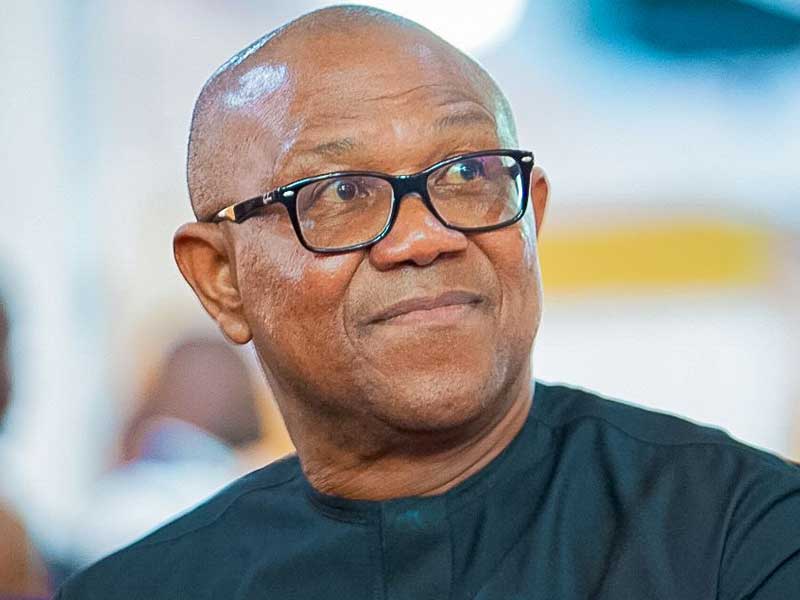

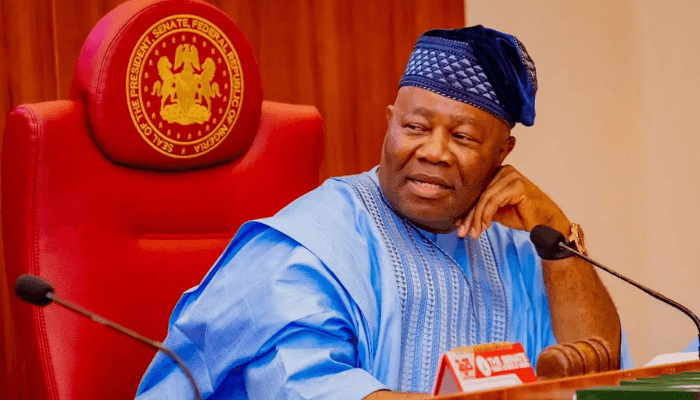
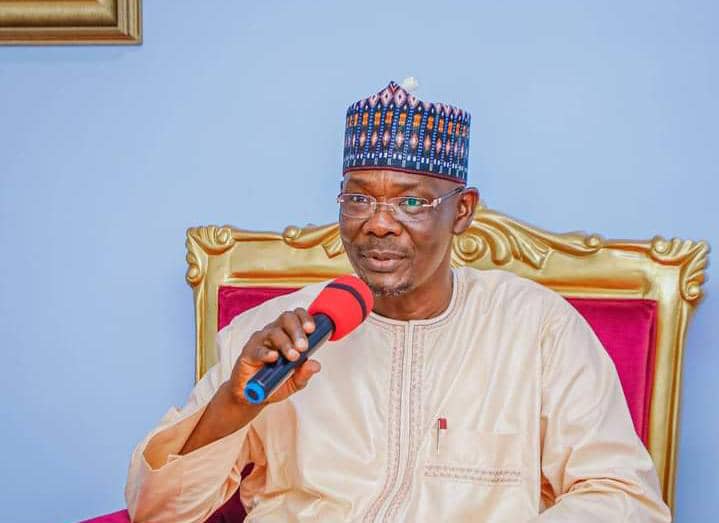
Got a Questions?
Find us on Socials or Contact us and we’ll get back to you as soon as possible.